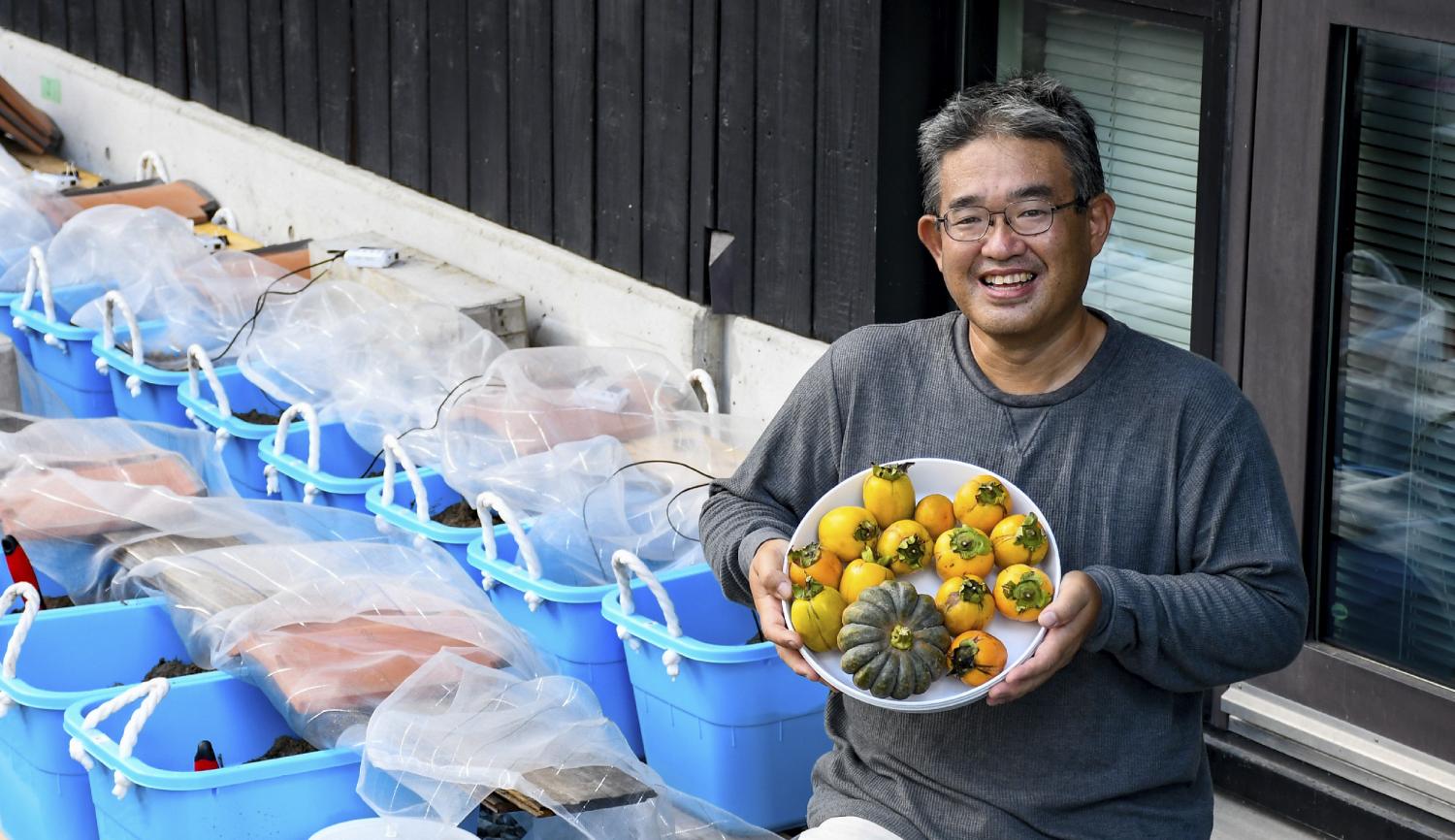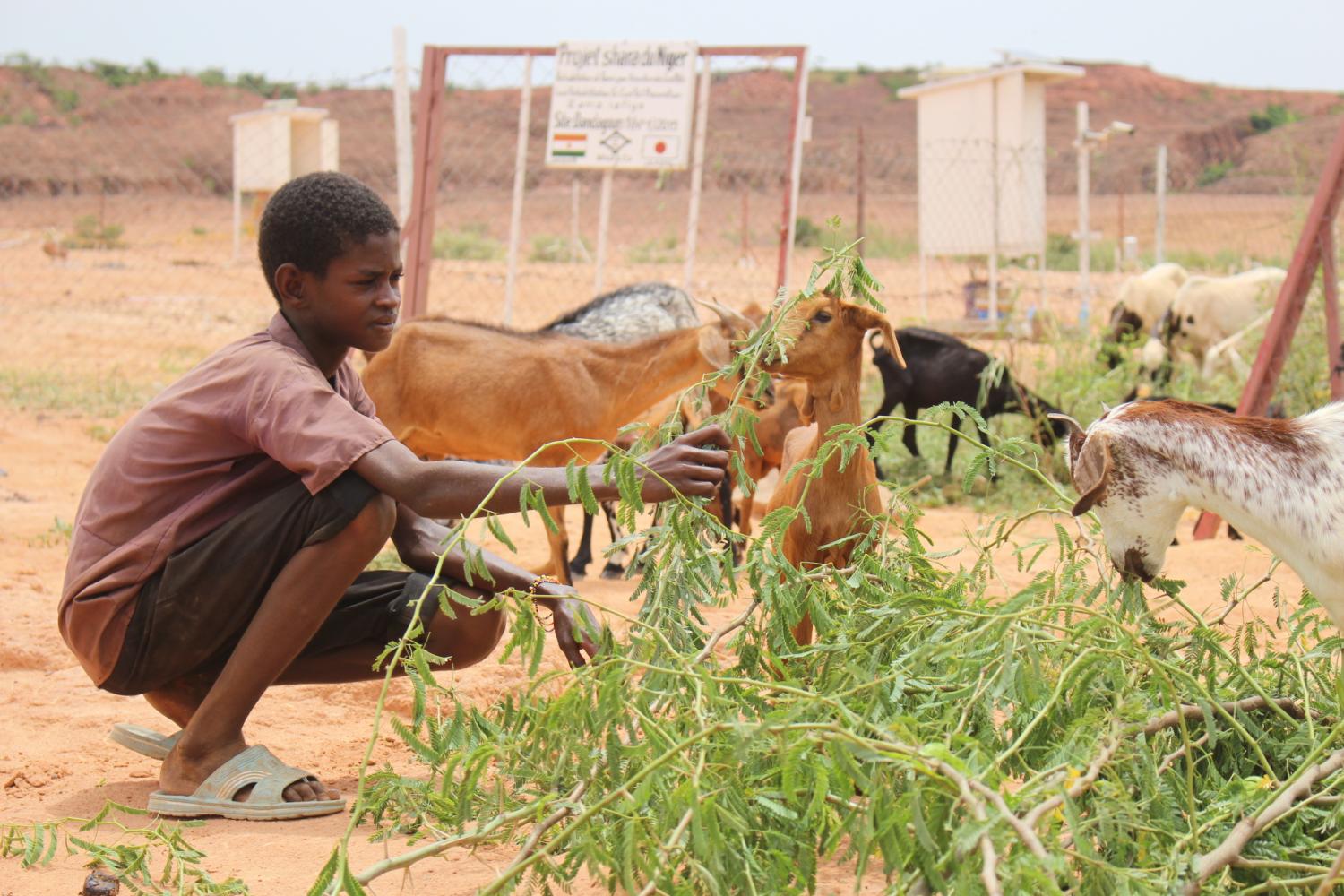
OYAMA Shuichi
Professor, RIHN/ Graduate School of Asian and African Area Studies/ Center for African Area Studies, Kyoto University
- Related links
Program/Project
Building up organic material circulation system among urban and rural area: Toward the integration of local perception and scientific knowledge
Position & Title
Professor, RIHN/ Graduate School of Asian and African Area Studies/ Center for African Area Studies, Kyoto University
Area of Expertise
geography, land restoration study, peace building study, African area study
Biography
OYAMA Shuichi is Professor at RIHN and Center for African Area Studies, Kyoto University. His specialty is geography, land restoration, peace building research and African area studies. He conducted multi-disciplinary research based on geography in Zambia, Uganda, Niger and Djibouti. Also, he is tackling for building organic material circulation system between urban and rural areas in Sub-Saharan Africa and Asia including Japan. His main publications include, Reverse thinking and “African Potentials” to combat desertification in the West African Sahel (African Study Monographs supplementary 57, 2018), and Waste valorisation and African Potentials (in Ohta, I., Nyamunjoh, F. B., and Matsuda, M. (eds.) African Potentials: Bricolage, Incompleteness and Lifeness. 2022).

Q&A
- What kind of research are you doing at RIHN?
- We are promoting the “Organic Material Circulation Project” based on the concept of returning the food and nutrients we receive from the nature back to the nature. We will make good use of organic wastes such as food waste, human waste, and sewage sludge for agriculture and land restoration. We will create a manual and shift in values from "dirtiness" to "usefulness" for producing the food and restoring the land, rather than not using them because the wastes are dirty.
We are working on greening, land restoration, and food production through the creation of cultivated land, pastures and forests in the Sahel region of West Africa. This activity prevents ethnic conflicts among farmers and herders for creating peaceful society in Sahel. In Zambia and Uganda, we start on-site experiments for restoring the degraded farmland by composting the food waste. We change the farmers attitude using chemical fertilizer continuously.
We are composting the school lunch left over with 5th grade elementary school pupils as integrated learning classes in Kyoto. This project aims to bridge the city and farmland through effective use of food wastes in hotels and restaurants, and effective use of animal dung from zoos, etc. Our project will promote the new initiatives to use organic waste as resources for agriculture and land restoration. - Do you have a message you would like to share to people who want to do research at RIHN?
- In our everyday life, we know that environmental issues are serious. But what should we do and what can we do for solving the problems? We tend to leave the measures to the central government, local municipals, and private corporations, or to rely on the new technologies and leave them to others.
What kind of measures can we take to address environmental problems? Our project focuses on the movement of organic materials at the base of the livelihoods, economic activities, and social systems in Sub-Saharan Africa, and Asia including various places of Japan. Actually, we aim to understand the actual situation of land degradation, namely desertification and deprivation of soil nutrients at the farmland as well as the sanitary problems and nutrient accumulation at the cities.
We hope to contribute to solving environmental problems through the organic material circulation by accumulating the scientific knowledge and modifying the "common sense".
We are looking forward to welcoming the positive collaborators who are interested in nature, people's lives and social systems based on the field research and laboratory works.